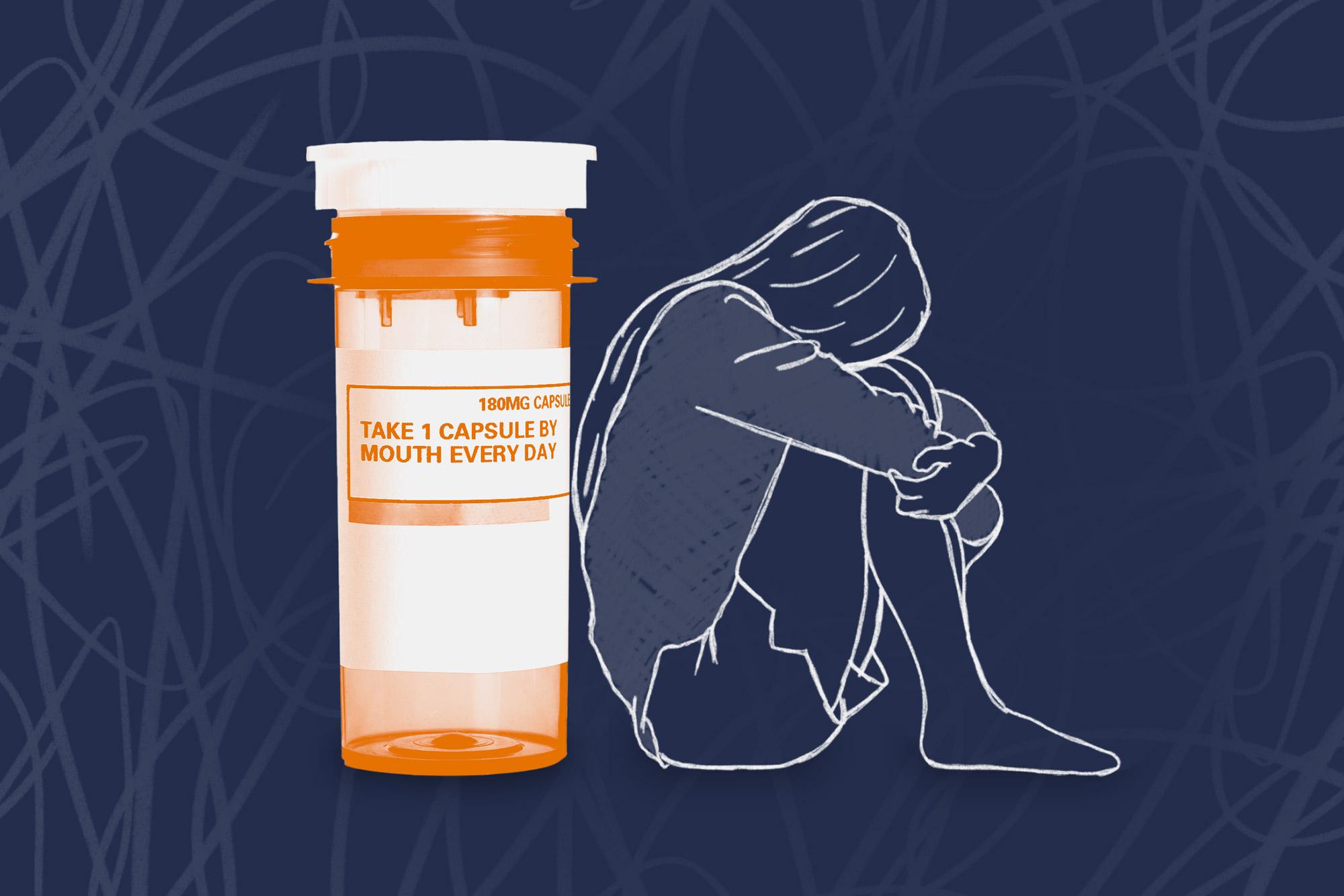The rate of suspected suicide attempts by poisoning among children and adolescents ages 10 to 19 reported to U.S. poison centers increased 30% during 2021 – the COVID-19 pandemic’s first full year – compared with 2019, a new UVA Health study found.
The rate of suspected attempts by intentional poisoning among children ages 10 to 12 increased 73% during 2021 compared with 2019. Among adolescents ages 13 to 15, the rate of suspected suicide attempts by poisoning increased 48.8% in 2021 versus 2019. The rate of suspected suicide attempts by poisoning among females ages 10 to 19 increased 36.8% in 2021 compared with 2019.
The findings are based on a review of cases reported to the National Poison Data System by U.S. poison centers as “intentional suspected suicide.” The category includes suspected suicide attempts and intentional self-harm.
Girls accounted for 81.2% of the suspected suicide attempts among adolescents ages 10 to 19 in 2021, compared with 77% in 2019. These increases in suspected suicides occurred while overall calls to the nation’s poison centers decreased 3.1% from 2019 to 2021.
The findings build on a concerning trend identified in an earlier UVA Health study, which found suspected suicide attempts by poisoning among children ages 6 to 19 increased 26.7% between 2015 and 2020.




